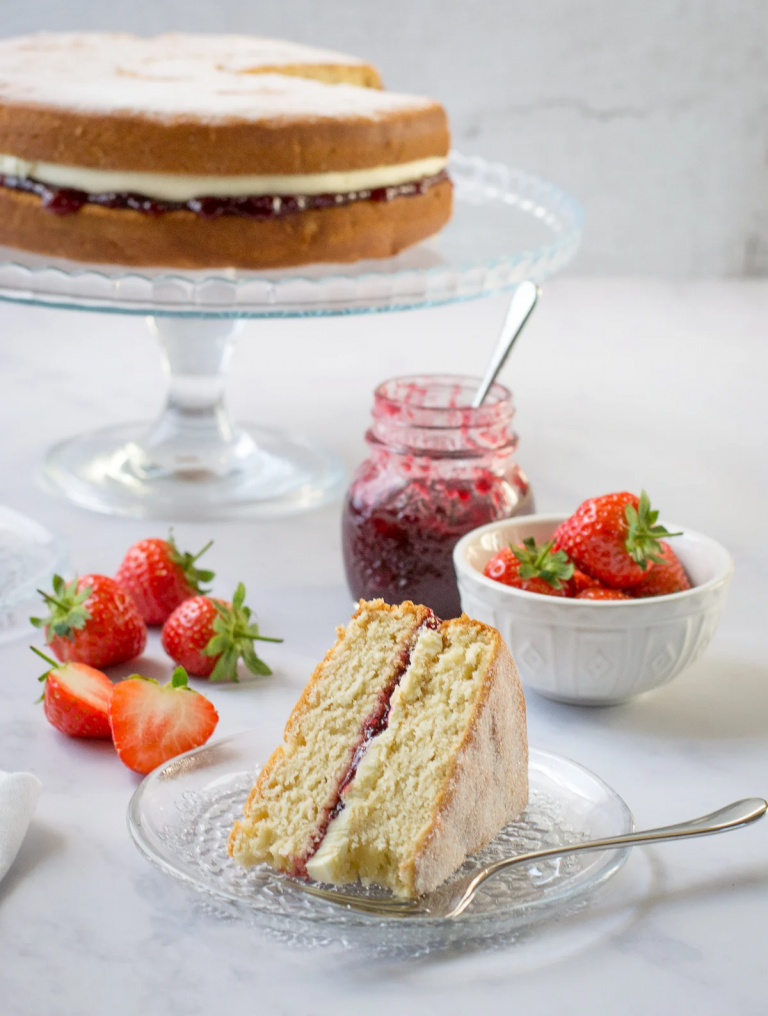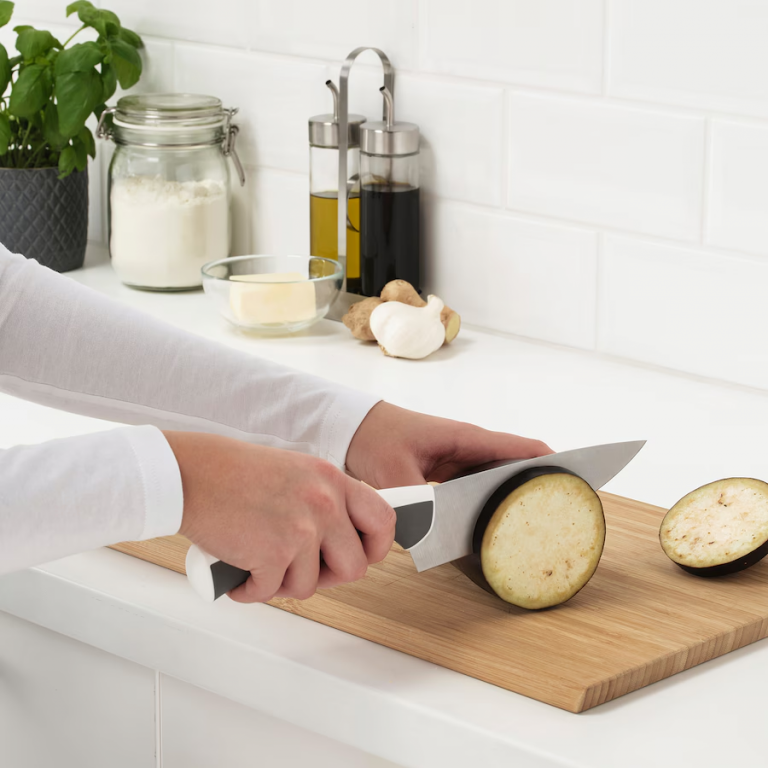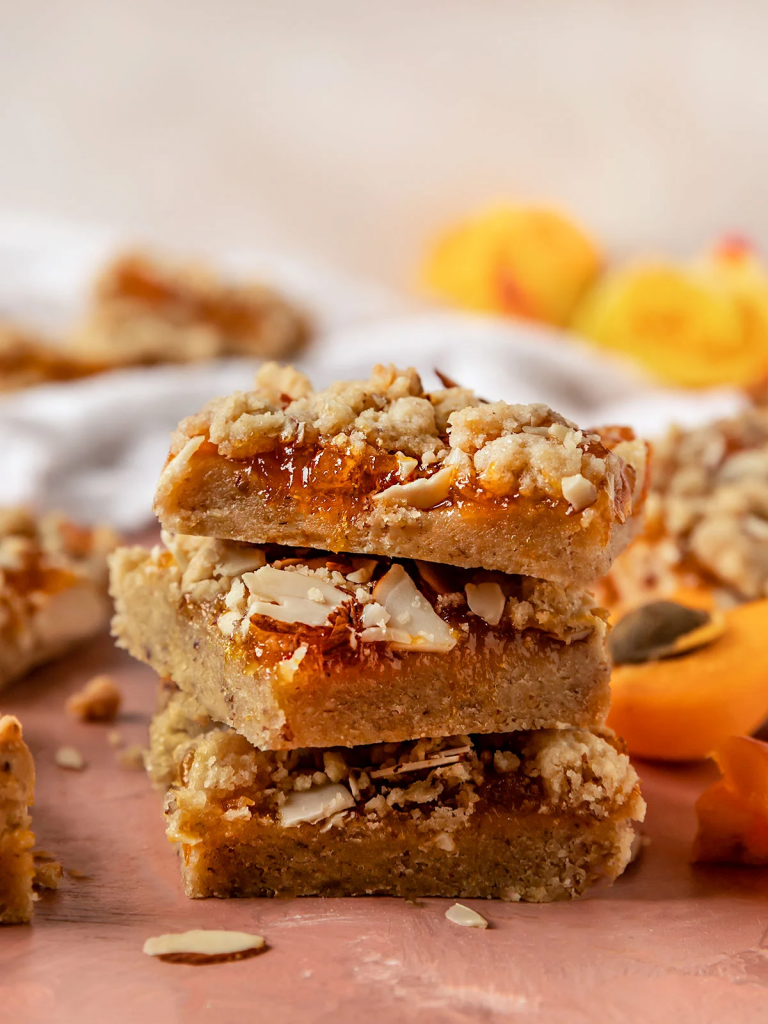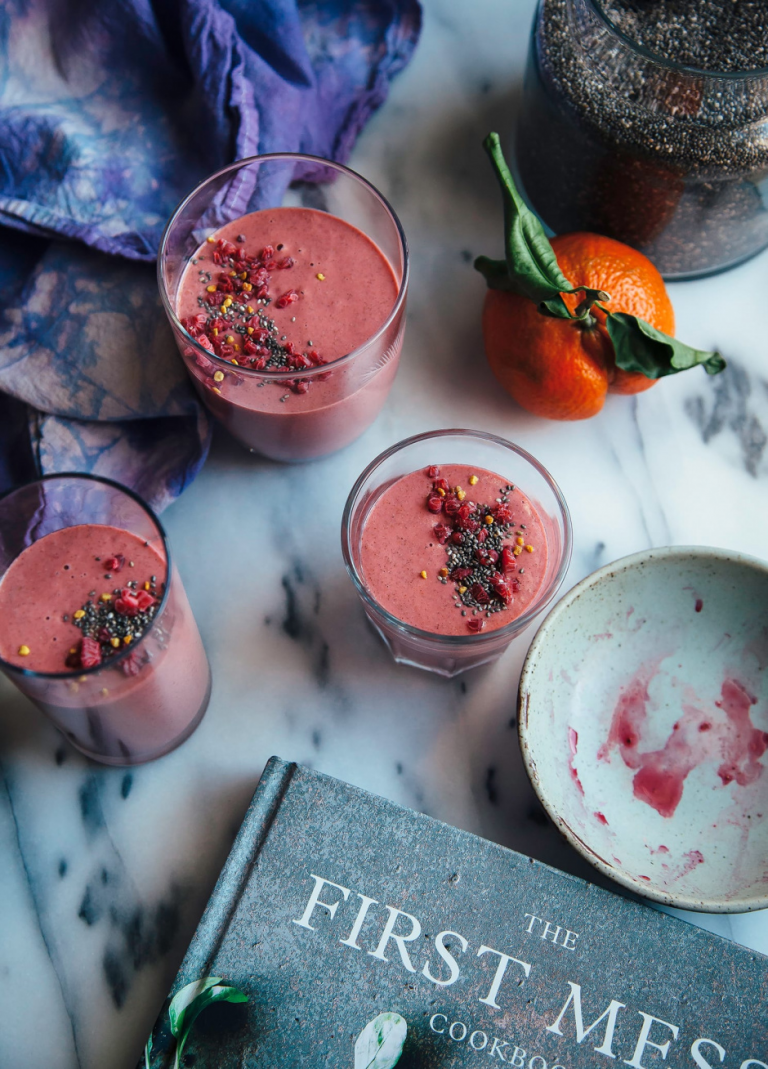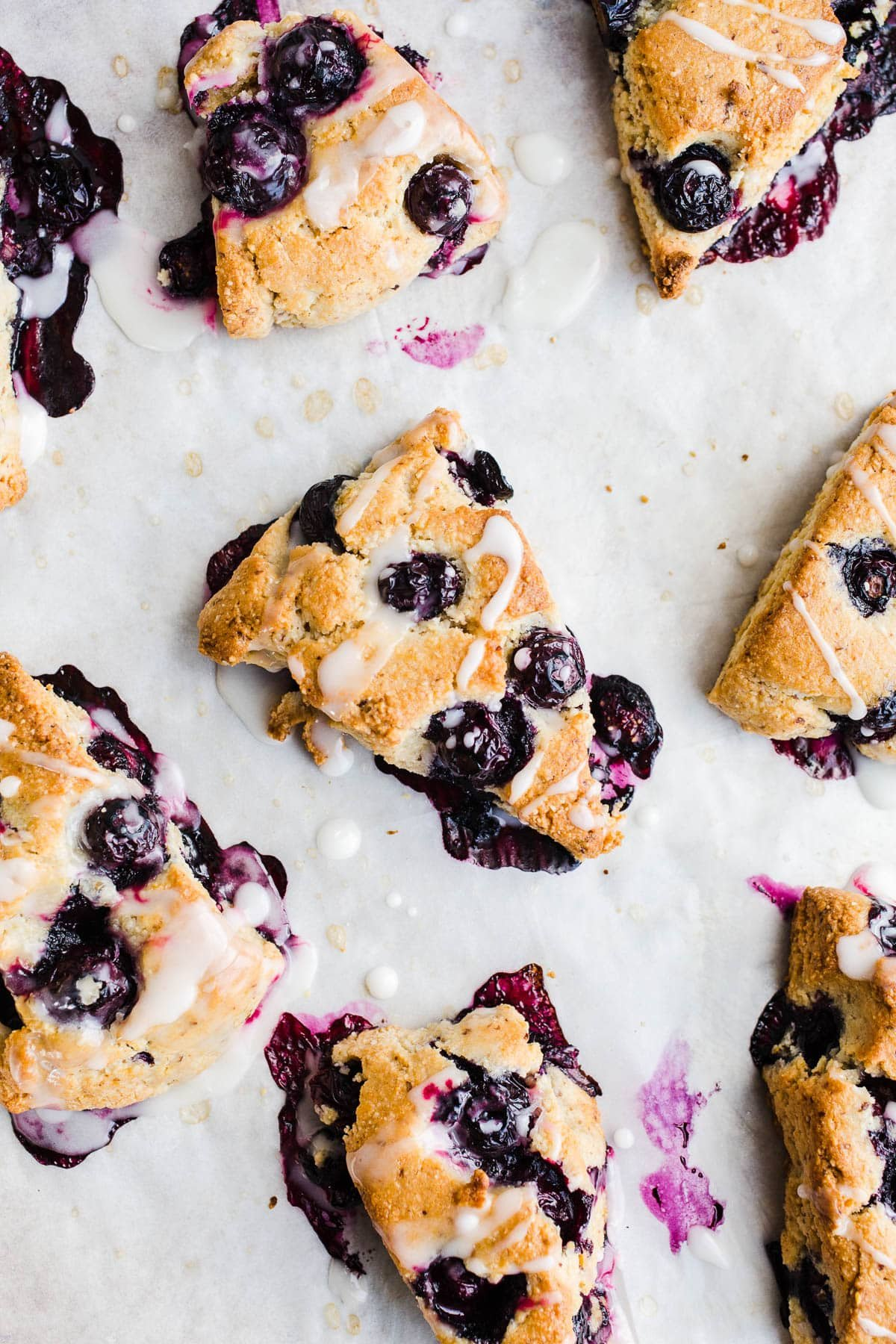
Warm scones on a slow morning feel like a small luxury. The scent of lemon, the pop of blueberries, the gentle crunch on the edge, all of it sets a calm tone for the day. When they are vegan and homemade, that treat becomes lighter, kinder, and easier on your wallet.
Lemon Blueberry Scones (Salted Plains) are made with nutty almond flour. Bound with coconut oil and a ‘flax egg’, they are sweetened with maple syrup and topped with a simple lemon glaze.
Check medication before consuming blueberries, due to vitamin K. Keep fresh dough away from young children and pets. Keep citrus away from pets. Read more on food safety for people and pets.
Boost Your Health with Blueberries
Homemade vegan scones favour simple, whole ingredients. Fresh blueberries bring antioxidants. Lemon adds vitamin C and natural zest. Plant milk and a light oil replace butter and cream, so you avoid heavy saturated fats found in some shop-bought scones.
You also choose the flour. Many bakers enjoy white self-raising flour for a classic lift. Others blend in oat or wholemeal flour for more fibre and a hearty crumb. Either way, the mix supports a plant-forward plate without losing the joy of a tender scone.
Home baking lets you reduce sugar and calories compared to many packaged options. A modest amount of sugar, paired with fresh fruit, gives a clean sweetness. You can also size your scones smaller, which helps with portion control without feeling deprived.
For digestive health, think fibre. Blueberries, oats, and almond flour add soluble and insoluble fibre, which supports regularity and a steady appetite. Plant-based recipes also avoid lactose, which suits those who find dairy hard to digest.
Simple swaps work if blueberries are out of season. Try raspberries, blackberries, or chopped strawberries. Keep lemon for its bright lift, or swap in orange for a softer citrus note.
Get a Dose of Antioxidants from Blueberries
Blueberries are rich in anthocyanins, the pigments that give them their deep colour. These compounds help your body fight oxidative stress, which plays a role in inflammation. A diet with regular berries supports heart health and may help maintain healthy blood vessels.
Adding blueberries to scones is an easy daily win. They hold their shape, burst with juice, and offer natural sweetness. Pair them with oat or almond flour to boost fibre further. The result is a snack that feels like a treat and still supports your goals.
Add Vitamin C and Zest with Lemon
Lemon brings a sharp, clean note that lifts every bite. It adds vitamin C, which supports immune function and helps the body absorb iron from plant foods. Lemon zest perfumes the dough, and a light lemon glaze, if you choose to add one, gives a bright finish without eggs or butter.
The citrus cuts through the richness of the crumb, so the scones taste fresh, not heavy. You get flavour first, not sugar.
Save Money and Cut Down on Waste
Shop scones add up over time, especially if you enjoy them often. Homemade scones use pantry staples: flour, sugar, baking powder, plant milk, oil, blueberries, and a lemon. A single shopping trip covers several batches, which brings the cost per scone down.
Home baking also reduces packaging waste. Instead of buying plastic-wrapped packs every week, you use larger bags and bottles that stretch across many recipes. You control batch size too, so you bake what you need and freeze the rest.
For regular bakers, the savings are clear. Buying whole ingredients means you create more value with each use, from scones to pancakes or muffins. The long-term cost drops, and the flavour improves.
Compare Costs to Store-Bought Options
Here is a simple cost picture for a batch of 8 scones in the UK:
- Flour, sugar, baking powder and salt cost around 50p.
- 200ml of plant drink costs around 30p.
- A light oil or vegan block butter costs around 50p.
- 125g of seasonal fresh blueberries costs around £1.50
- The zest and juice of a lemon costs around 30p.
- Total cost for 8 scones: £3.10
Compare that with ready-made packs. Vegan fruit scones often cost £4 to £5 for a pack of 4 in many supermarkets or bakeries. And most have animal products, palm oil and are in plastic packaging (and don’t taste nice!)
Homemade batches come out at about 39p per scone, while shop versions sit around £1 to £1.25 each or higher. Cafe prices are higher still.
If you bake twice a month, the savings grow fast, and you gain control over ingredients.
Use Leftovers Creatively to Avoid Waste
Leftovers should never be a burden. Try these ideas:
- Freeze unbaked dough: Shape wedges, freeze on a tray, then bag. Bake from frozen with a few extra minutes.
- Refresh day-old scones: Split and toast, then add a swipe of lemon yoghurt or a spoon of jam.
- Make scone crumbs: Dry leftover scones in a low oven, blitz to crumbs, and use on fruit crumbles or yoghurt.
- Turn into mini trifles: Layer torn scones with berries and dairy-free yoghurt for a quick dessert.
Personalise Your Baked Scones
Shop scones follow a standard formula. At home, you set the rules. Want less sugar? Easy. Keen on more lemon? Add extra zest. Prefer a rustic texture? Mix oat flour into the blend. Personalising your scones makes them feel crafted for you and those you serve.
Fresh-baked scones have a charm that packaged goods cannot match. The aroma fills the kitchen. The crumb stays tender. Sharing them, still warm, turns a normal afternoon into a small celebration. Vegan recipes also welcome more people to the table, which makes tea time inclusive and relaxed.
Keep the base vegan for consistency. Plant milk, neutral oil or vegan block, and a reliable raising agent keep the crumb light. From there, the door opens to your taste.
Tweak the Recipe to Fit Your Preferences
- Gluten-free option: Use a gluten-free self-raising blend, or a mix of oat flour and almond flour with added baking powder. Add a little xanthan gum if your blend lacks it.
- Spice it up: Add ground ginger, cardamom, or cinnamon for warmth that pairs with lemon.
- Nutty crunch: Fold in chopped almonds or pistachios for texture and healthy fats.
- Lower sugar: Reduce sugar by a third, then glaze lightly with lemon juice and a sprinkle of sugar for a bright top.
- Extra lemon: Double the zest and add a teaspoon of poppy seeds for a bakery-style twist.
- Dairy-free glaze: Mix icing sugar with lemon juice and a touch of plant milk, then drizzle once cool.
Always keep the dough cold and handle it lightly. Cold fat, quick mixing, and a hot oven give you taller, flakier scones.
Share the Baking Experience with Loved Ones
Scones invite company. Measuring, zesting, and folding berries are easy jobs for children or guests. The tray-to-table timing suits a late breakfast or a relaxed tea. Serve warm with dairy-free yoghurt, a thin layer of lemon curd, or a touch of jam.
Turn it into a weekend ritual. Bake a double batch, share a plate, and freeze the rest. Your kitchen becomes the favourite cafe, only friendlier and more personal.


